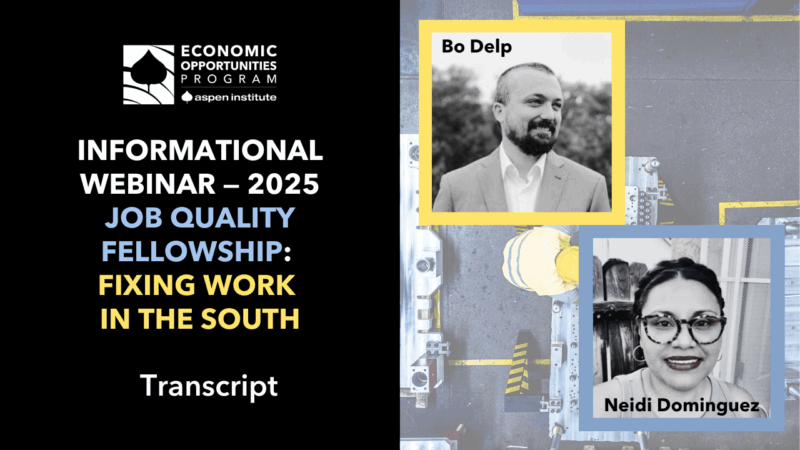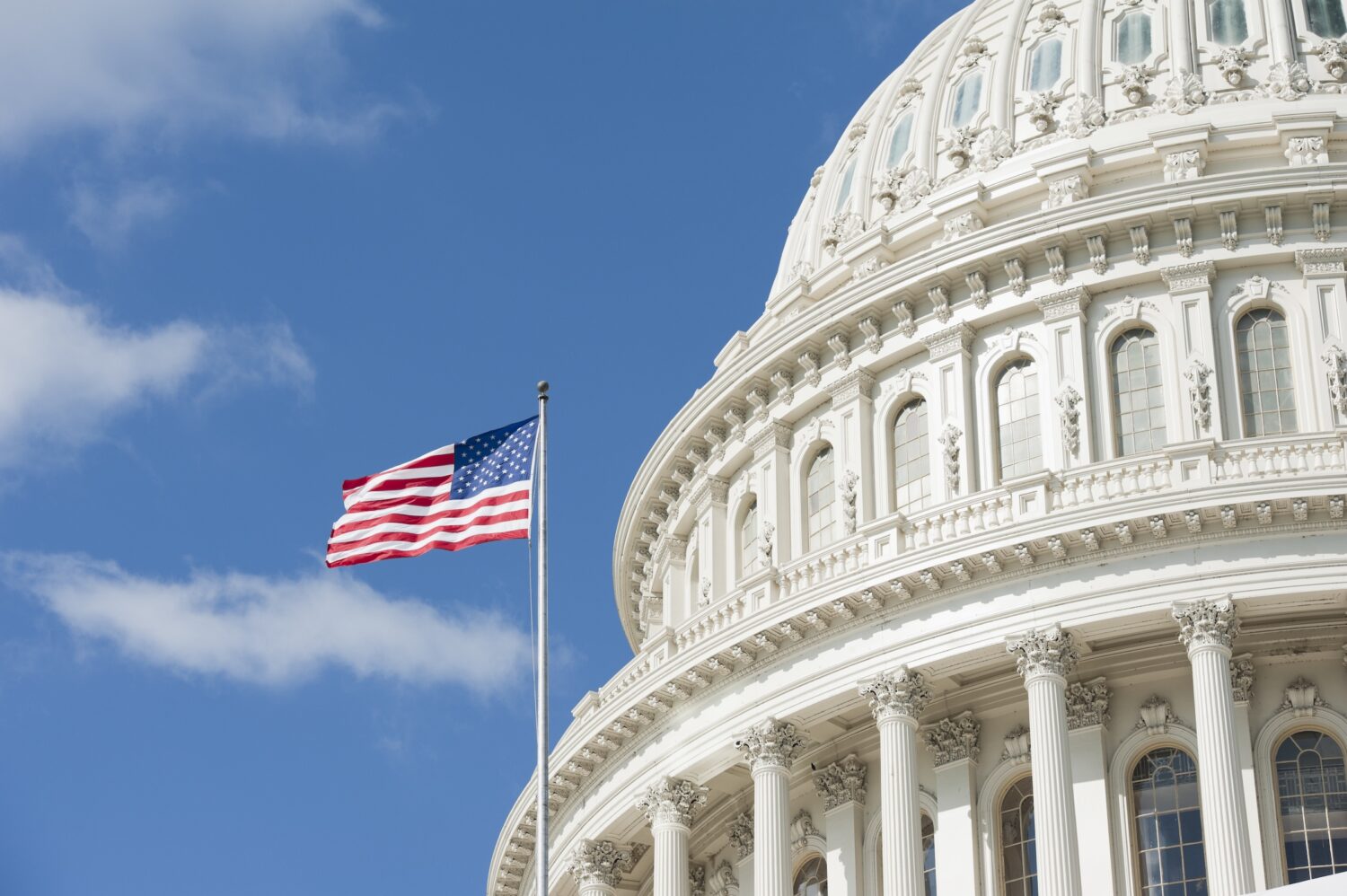About This Event
A core shared value in American society, one deeply woven into our national narrative, is the belief in equal opportunity — the idea that everyone should have a fair chance to succeed based on their effort, talent, and ambition, regardless of their background.
Equal opportunity in the American workplace has deep roots in the nation’s struggle for civil rights and economic fairness. Though disparities remain for women, different racial groups, and others in areas such as employment rates, wages, wealth, and occupational segregation, progress has been made. From the Civil Rights Act of 1964, which outlawed employment discrimination based on race, color, religion, sex, or national origin, to affirmative action policies and the Americans with Disabilities Act of 1990, the US has made significant strides toward leveling the playing field.
Today, the legacy and pursuit of equal opportunity face significant challenges. Recent debates and policy shifts risk weakening efforts to address discrimination and harassment, and they may obscure the history and progress we’ve made toward greater inclusion. These trends raise important questions about how we uphold our shared commitment to fairness and democratic values. At a time when trust in institutions is wavering and inequality is rising, reaffirming our commitment to equal opportunity is more urgent than ever.
In this event — hosted by the Economic Opportunities Program on September 4, 2025 — we explore the current landscape, emerging challenges, and the strategies needed to protect and strengthen opportunity in the American workplace. This event is part of our Opportunity in America conversation series. For highlights from this discussion, subscribe to EOP’s YouTube channel. Or subscribe to our podcast to listen on the go.
Related Resources
History of the U.S. Equal Employment Opportunity Commission
This overview traces the origins of the EEOC, created by Title VII of the Civil Rights Act of 1964, and highlights the agency’s role in enforcing federal laws against workplace discrimination. It offers important context for today’s debates on how equal opportunity is protected and advanced. Read more here.
Workplace DEI Breaks Down Barriers With Flexible Benchmarks
In this piece for Bloomberg Law, Kalpana Kotagal explains how data-driven, flexible DEI benchmarks can reduce bias, strengthen compliance, and improve workplace equity — while clarifying that the Supreme Court’s recent decision in Students for Fair Admissions v. Harvard College does not restrict such efforts. Read more here.
Big lithium plans for Imperial Valley, one of California’s poorest regions, raise a bigger question: Who should benefit?
In this piece for The Conversation, Dr. Manuel Pastor and Chris Benner, professor and director of the Institute for Social Transformation at University of California, Santa Cruz, explore how Imperial Valley — one of California’s poorest regions — could be transformed by significant lithium investments tied to the clean energy transition. He highlights the tension between economic opportunity and equity, asking who will ultimately benefit from this development. Read more here.
They’re Not Just Coming for DEI. They’re Coming for Democracy.
In this essay for The Nation, Stacey Abrams argues that efforts to dismantle diversity, equity, and inclusion programs are part of a larger push to weaken equal opportunity and democratic participation. She makes the case that protecting DEI is about safeguarding the future of our democracy. Read more here.
The Guarantee: Inside the Fight for America’s Next Economy
In her first book, “The Guarantee,” Natalie Foster asks us to imagine a new economic framework that casts aside the failures of the trickle-down approach to embrace one that builds economic security and well-being from the bottom up. Consider purchasing the book from your favorite bookstore.
Speakers
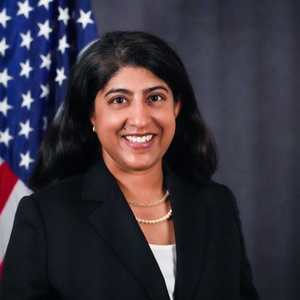
Kalpana Kotagal (opening remarks)
Commissioner, U.S. Equal Employment Opportunity Commission (EEOC)
Commissioner Kalpana Kotagal joined the Equal Employment Opportunity Commission (EEOC) as a commissioner in August 2023.
Before joining the Commission, Commissioner Kotagal was a partner at Cohen Milstein, where she was a member of the firm’s Civil Rights & Employment practice group and chaired the firm’s Hiring & Diversity Committee. For nearly two decades, Commissioner Kotagal represented marginalized groups in employment and civil rights class actions. Her cases often involved cutting-edge issues related to Title VII, the Equal Pay Act, the Americans with Disabilities Act, and the Family and Medical Leave Act, as well as wage and hour issues and the non-discrimination provision of the Affordable Care Act.
During this time, Kotagal co-authored the “Inclusion Rider”—a voluntary agreement between actors, filmmakers, and studios aimed at advancing equal opportunity in the film industry both behind and in front of the camera. The contract provision gained recognition when actor Francis McDormand endorsed it in her acceptance speech during the 2018 Academy Awards. In the years since, Kotagal has collaborated with studios, production companies and actors to advance implementation of the Inclusion Rider in film, television, music and fashion.
Commissioner Kotagal graduated with honors from both Stanford University and the University of Pennsylvania School of Law. She also clerked for Judge Betty Fletcher on the Ninth Circuit. The commissioner has dedicated her career to supporting workers and championing diversity, equity, inclusion, and accessibility. She is honored to continue that fight at the EEOC. A daughter of immigrants from India, Commissioner Kotagal is the first female commissioner of Indian descent.
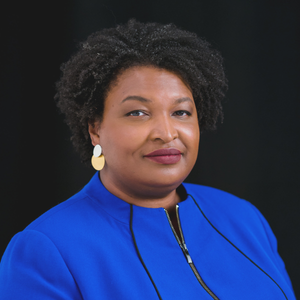
The Honorable Stacey Abrams
Political Leader, Business Owner, and Author
Stacey Abrams is a political leader, business owner and New York Times bestselling author. A tax attorney by training, Abrams served 11 years in the Georgia House of Representatives, seven as Minority Leader, and became the Democratic nominee for governor of Georgia in 2018 and 2022. Over the course of her career, she has launched multiple organizations devoted to democracy protection, voter engagement, tackling social issues, and building a more equitable future in the South. Committed to the pursuit of equity, she works to break barriers for young people, people of color, and the marginalized through her work in the public, nonprofit, and corporate sectors.
Dr. Manuel Pastor
Distinguished Professor of Sociology and American Studies & Ethnicity at the University of Southern California
Dr. Pastor is a distinguished professor of sociology and American studies & ethnicity at the University of Southern California. He currently directs the Equity Research Institute at USC. Pastor holds a doctorate in economicsfrom the University of Massachusetts, Amherst, and is the inaugural holder of the Turpanjian Chair in Civil Society and Social Change at USC.
Pastor’s research has generally focused on issues of the economic, environmental and social conditions facing low-income urban communities – and the social movements seeking to change those realities.
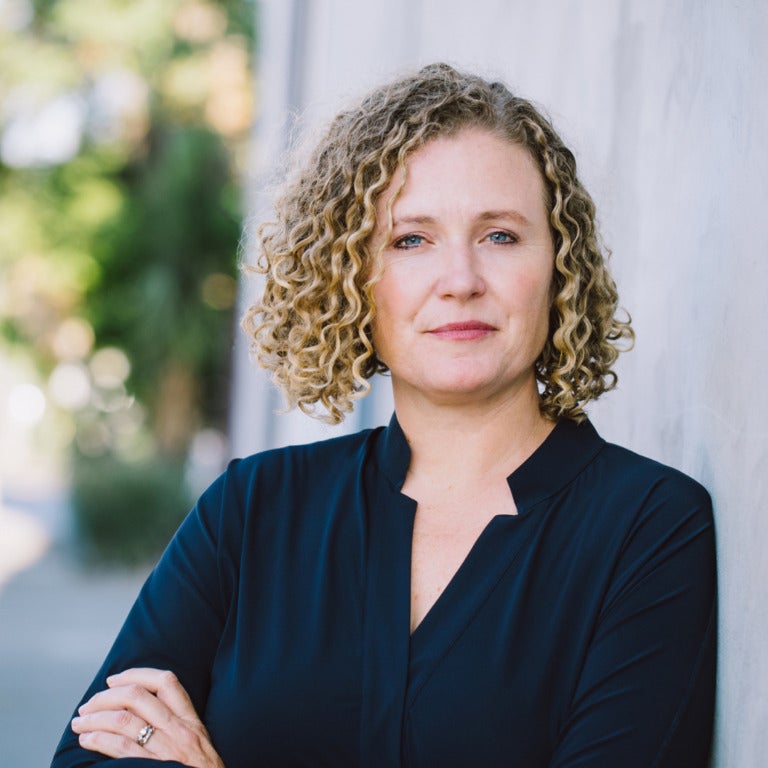
Natalie Foster (moderator)
Senior Fellow, Aspen Institute Economic Opportunities Program; Founder and President, Economic Security Project
Natalie Foster is a leading architect of the movement to build an inclusive and resilient economy. She’s President and co-founder of Economic Security Project, a Senior Fellow at the Aspen Institute Future of Work Initiative, and the author of “The Guarantee: Inside the Fight For America’s Next Economy.”
Natalie speaks and writes regularly on economic security, the future of work, and the new political economy. An unstoppable builder, Natalie previously co-founded Rebuild the Dream, served as Digital Director for President Obama’s Organizing for America – a leading partner in winning transformative healthcare reform and built digital teams at the Sierra Club and MoveOn.org. A daughter of a preacher from Kansas, Natalie draws on the values of community, dignity, and optimism to build a better America. She’s on the board of Next River founded by Mia Birdsong, the Beneficial State Foundation founded by Kat Taylor, In Her Hands founded by Hope Wollensack, and the California Budget and Policy Center. She lives in Oakland, California with her husband and two kids.
About Opportunity in America
Opportunity in America, an event series hosted by the Economic Opportunities Program, considers the changing landscape of economic opportunity in the US and implications for individuals, families, and communities across the country.
About the Economic Opportunities Program
The Aspen Institute’s Economic Opportunities Program advances strategies, policies, and ideas to help low- and moderate-income people thrive in a changing economy.
Join Our Mailing List
To receive occasional emails about our work — including new publications, commentary, events, fellowships, and more — join our mailing list.
Connect on Social Media
For news and updates every day, connect with us on the social media platform of your choice.









